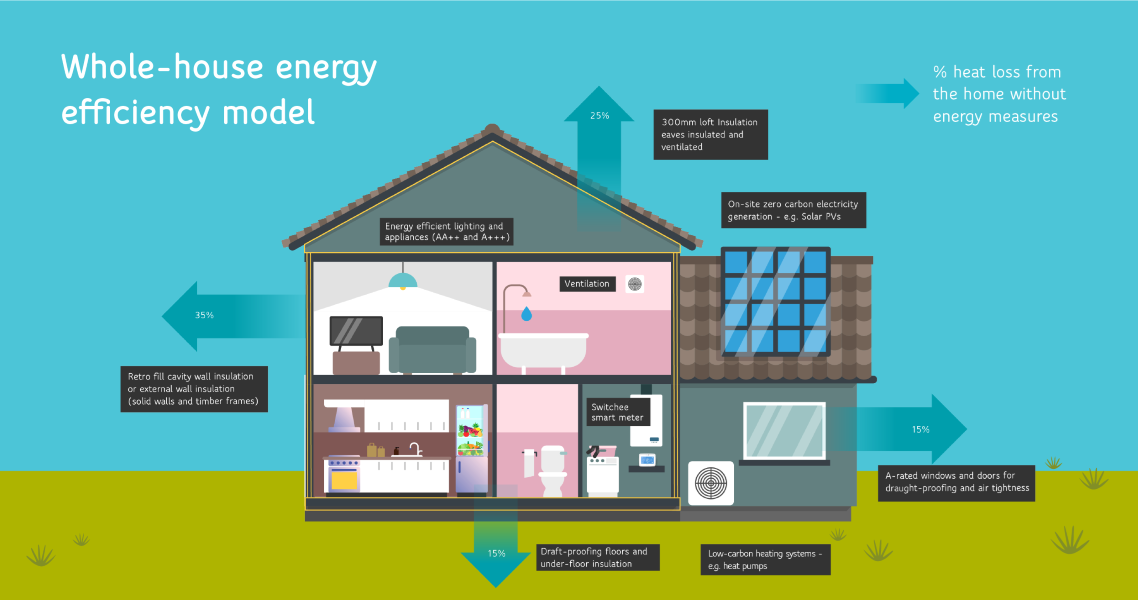Shop At Haya: Your Ultimate Shopping Guide
Discover the best shopping tips, trends, and deals for a smarter buying experience.
Think Small, Save Big
Unlock hidden savings with simple strategies! Discover how thinking small can lead to big financial wins. Start saving today!
5 Everyday Habits to Think Small and Save Big
In our fast-paced world, we often aim for big changes to see significant savings, but thinking small can lead to substantial results. One effective habit is to track your spending daily. By documenting every purchase, no matter how small, you become more aware of your financial habits. This can help you identify unnecessary expenses that add up over time, allowing you to redirect those funds toward savings or investments. Consider using budget apps or a simple spreadsheet to make this process easier and more visually appealing.
Another habit that can contribute significantly to both your mindset and your savings is meal planning for the week. By dedicating a short amount of time each week to outline what you will eat, you can minimize impulsive purchases and food waste. Start by creating a simple list of meals that utilize similar ingredients, which also cuts down on costs. When you go grocery shopping, sticking to this list will help you avoid the temptation to buy items you don’t need, ultimately leading to a healthier wallet and a healthier you.

How Small Changes Can Lead to Big Savings in Your Budget
When it comes to managing your finances, small changes can make a significant impact on your overall budget. For instance, review your monthly subscriptions and eliminate any services that you no longer use. Even a minor adjustment like canceling an unused gym membership can save you around $30 to $50 a month. Additionally, consider switching to a different grocery store that offers better prices on your favorite items. By committing to being mindful of your spending habits, you can redirect these savings towards more essential expenses or even into your savings account.
Another effective strategy is to adopt a DIY mindset for household repairs and maintenance. Instead of hiring professionals for minor tasks, take the time to learn basic home improvement skills through online tutorials. For example, painting your living room or fixing a leaky faucet can save you hundreds of dollars. Furthermore, if you cook more meals at home instead of dining out, you can significantly reduce your food expenses. The key takeaway is to recognize that small changes, when accumulated over time, can lead to big savings, ensuring you stay on track with your budget goals.
Are You Thinking Small Enough? Discover the Power of Minimalism for Big Savings
In a world consumed by excess, the idea of minimalism often feels like a radical departure from the norm. However, thinking small can lead to significant changes in both your lifestyle and finances. By embracing a minimalist approach, you prioritize what truly matters, shedding the clutter that weighs you down. This doesn't just apply to physical possessions; it can also extend to your finances. The less you spend on unnecessary items, the more you save. Imagine the benefits of a leaner lifestyle: reduced stress, more time for meaningful experiences, and, of course, big savings in your bank account.
To begin your journey into minimalism, consider these practical steps to help you think small:
- Identify your top priorities: What brings you joy and fulfillment?
- Declutter your home: Start with one room at a time, keeping only the essentials.
- Create a budget: Monitor your spending and identify areas where you can cut back.
- Practice conscious consumerism: Before making a purchase, ask yourself if it’s a want or a need.